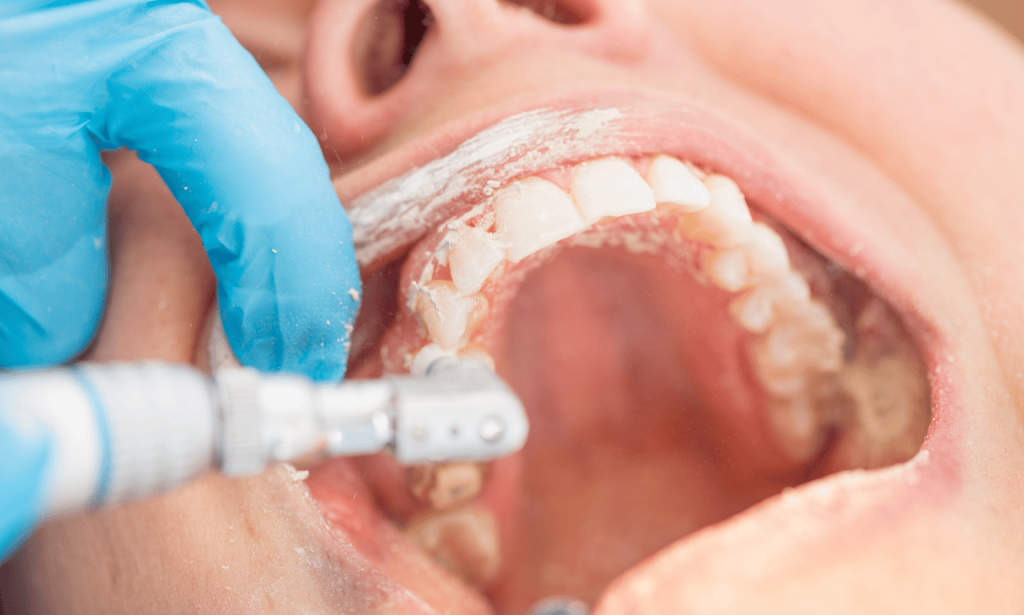Dental cleaning is an essential part of maintaining good oral health. Regular dental visits and routine cleanings help prevent gum disease, tooth decay, and other dental issues.
However, many individuals may hesitate to seek dental care due to concerns about the costs associated with these services, especially when they do not have dental insurance coverage.
Let’s delve into the average cost of a dental cleaning without insurance, the various factors that influence these costs, and the importance of maintaining optimal oral health through preventive care.
For more information on dental care and to explore options for affordable dental cleaning, consider checking out this link.
Understanding the Cost of Dental Cleaning
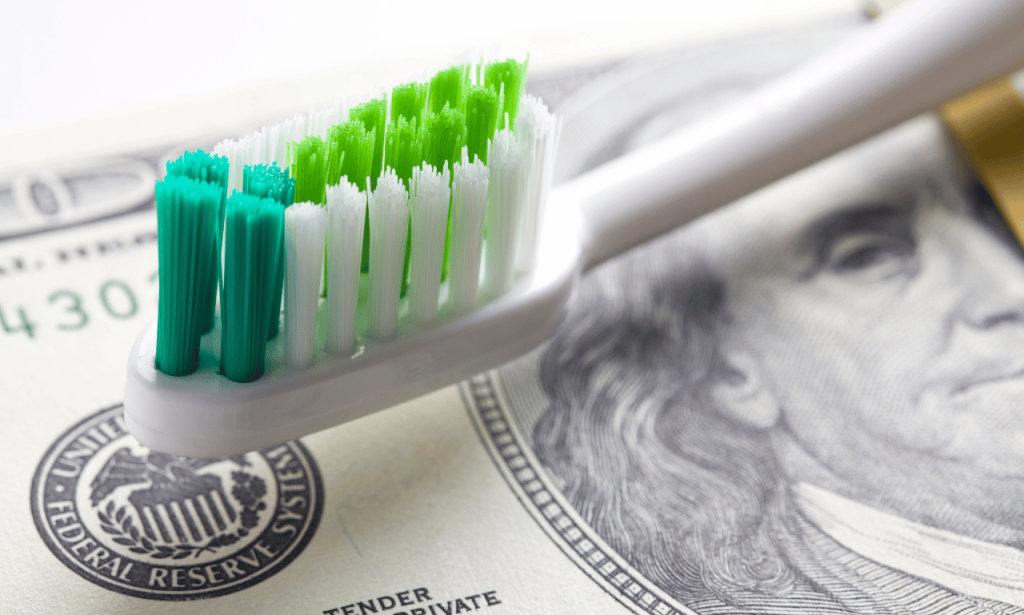
Average Cost of Dental Cleanings
The average cost of dental cleanings can vary significantly based on several factors, including geographical location, the type of dental office, and the dentist’s experience. In the United States, the cost of a typical routine dental cleaning without insurance generally ranges from $75 to $200.
- Basic Cleaning: A basic cleaning typically costs between $75 to $125. This price usually covers a thorough examination of your teeth and gums, along with scaling to remove plaque and tartar buildup.
- Deep Cleaning: If gum disease or excessive plaque buildup is present, a deep dental cleaning may be necessary. The cost for this procedure can range from $150 to $300 or more per quadrant, which may add up to $600 for a full mouth cleaning.
Factors Influencing the Cost
- Location: Dental cleaning costs vary by region and even within urban areas. Cities with higher living costs generally have higher dental fees.
- Type of Dental Office: Costs can differ between private dental clinics, dental schools, and community health centers. Dental schools may offer reduced fees for cleanings performed by students under supervision, providing an affordable option for those without insurance.
- Dentist’s Experience: An established dentist with years of experience may charge more than a newly graduated dentist or a dental hygienist performing the cleaning.
- Additional Services: The overall cost may increase if additional services, such as fluoride treatment or X-rays, are required. Fluoride treatments usually cost around $20 to $50 extra.
- Insurance and Payment Plans: Some dental providers offer payment plans or dental discount plans for patients without insurance, making regular cleanings more affordable.
The Importance of Routine Dental Cleanings
Preventive Care for Gum Disease and Tooth Decay
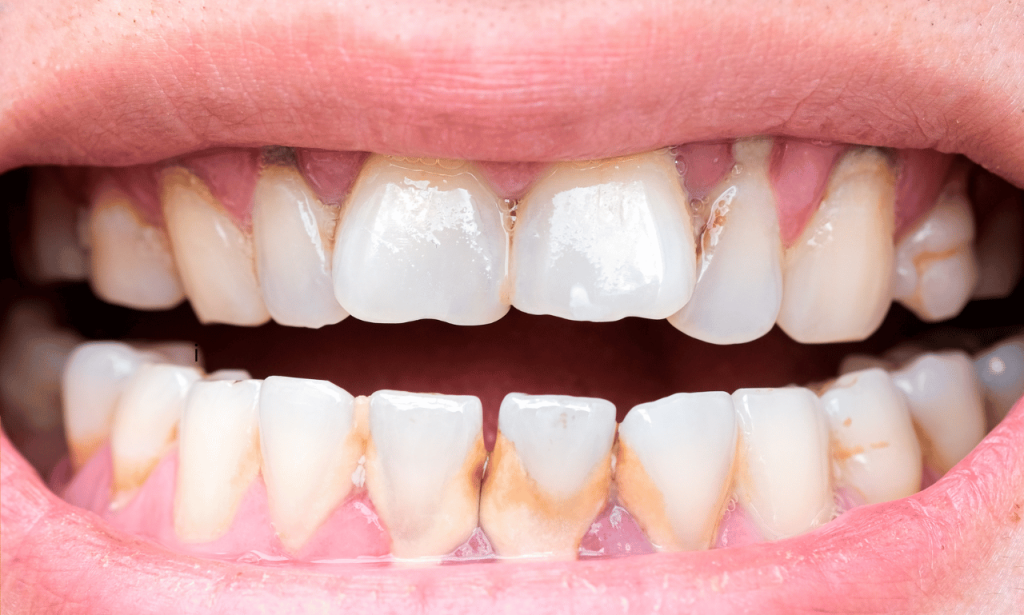
Routine dental cleanings are crucial for preventing gum disease and tooth decay. Regular visits to the dental office allow for early detection of dental problems, which can save patients from more complex and costly procedures in the future. The American Dental Association recommends having a dental examination and cleaning every six months to maintain good oral hygiene.
- Gum Disease: Neglecting regular cleanings can lead to gum disease, which can cause bone loss and affect overall dental health. Early intervention through professional cleaning can help manage and reverse the effects of periodontal disease.
- Tooth Decay: Regular brushing and dental cleanings significantly reduce the risk of tooth decay and cavities by removing plaque buildup, which contains harmful bacteria that can erode tooth enamel.
Types of Dental Cleanings
- Routine Cleanings: These are performed to maintain oral health by removing plaque and tartar from the teeth and gum line. This process involves the use of an ultrasonic scaler, hand instruments, and polishing tools.
- Deep Cleanings: Also known as scaling and root planing, these procedures are more extensive and are used to treat gum disease by cleaning below the gum line and smoothing the roots of the teeth to remove bacteria and promote healing.
- Follow-Up Appointments: For patients with gum disease, follow-up appointments may be necessary to monitor progress and maintain gum health. These appointments can incur additional costs, depending on the frequency and type of services provided.
Exploring Affordable Dental Care Options
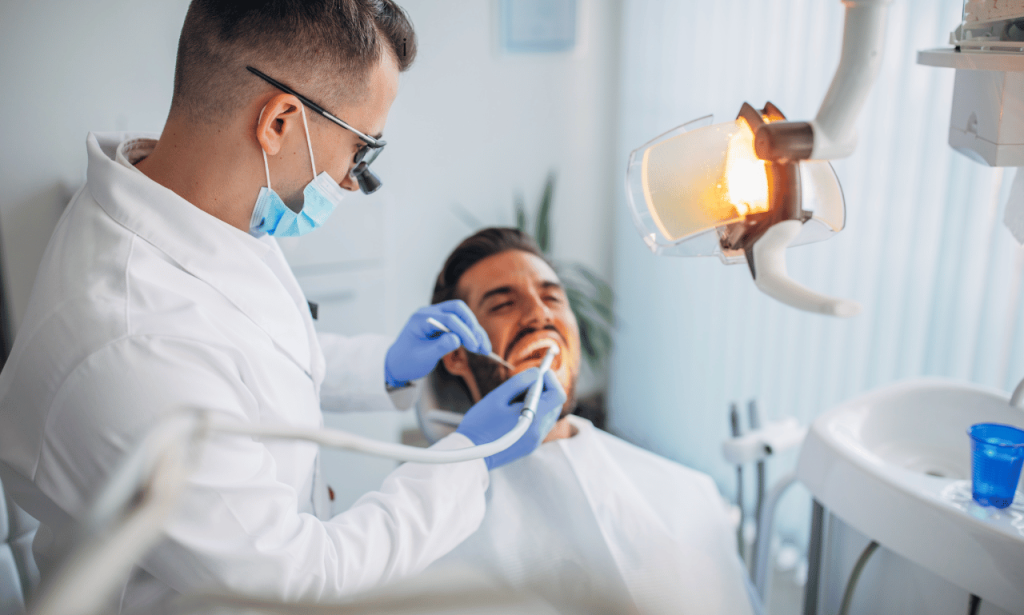
For individuals without insurance, finding affordable dental care can be challenging. However, there are several strategies to consider that can help manage out-of-pocket costs:
Dental Schools
Dental schools often provide dental services at a reduced cost, allowing patients to receive quality care while helping students gain practical experience. Procedures performed by dental students are supervised by experienced faculty members, ensuring that patients receive safe and effective treatment.
Dental Discount Plans
These plans are an alternative to traditional insurance, offering discounted rates for various dental services. Members typically pay an annual fee and can access a network of dental providers for reduced prices on cleanings and other treatments.
Payment Plans
Many dental offices offer flexible payment options to help manage costs. Patients can inquire about monthly payment plans that spread the expenses over time, making it easier to budget for routine cleanings and other dental care.
Preventive Measures
Investing in preventive care is essential for maintaining oral health and minimizing long-term costs. Regular brushing, flossing, and using mouthwash can help prevent plaque buildup and reduce the risk of gum disease and tooth decay.
The Role of Dental Hygienists
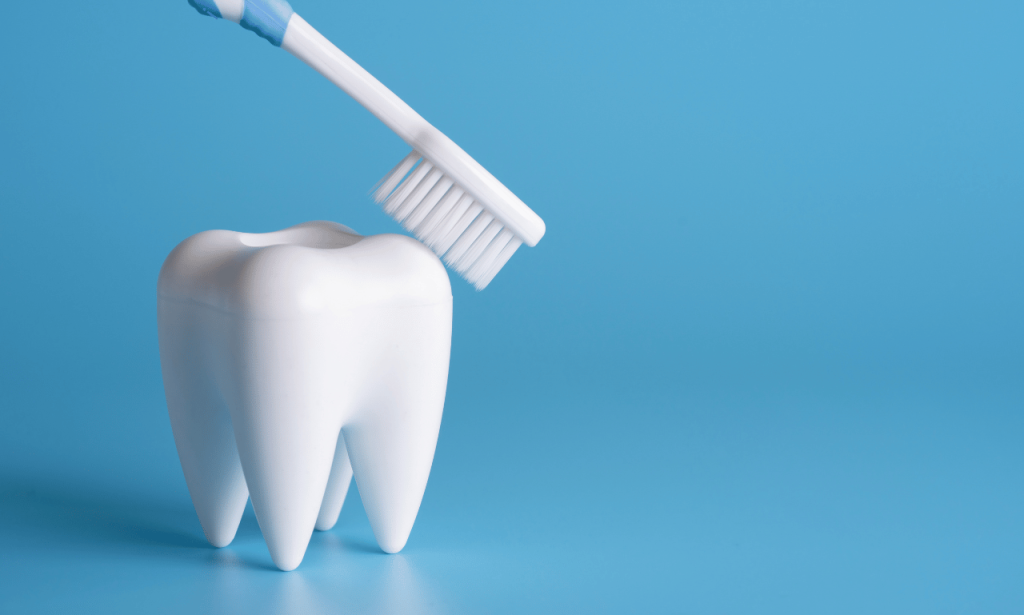
Dental hygienists play a crucial role in the dental cleaning process. They are trained professionals who perform routine cleanings, provide patient education on oral hygiene, and assist in the early detection of dental issues. Their expertise is invaluable in promoting good oral health and ensuring patients understand the importance of maintaining regular dental visits.
Key Responsibilities of Dental Hygienists
- Conducting thorough cleanings and examinations
- Educating patients about good oral hygiene practices
- Applying fluoride treatments and sealants
- Assisting dentists during procedures
The relationship between patients and dental hygienists is essential for fostering a proactive approach to oral health. Regular interactions can help patients feel more comfortable and encourage them to prioritize their dental care.
The Importance of Regular Brushing
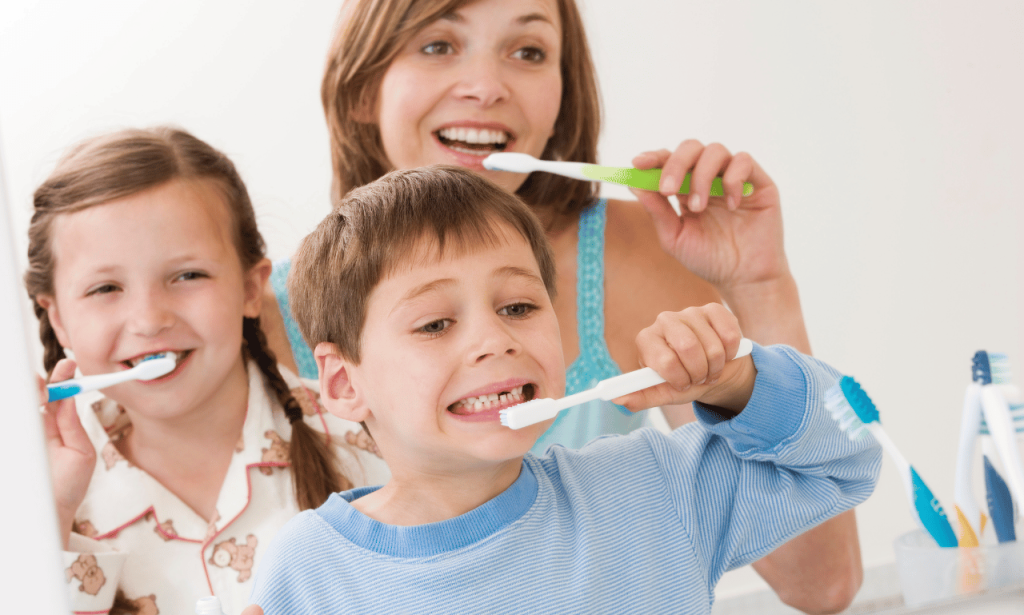
While professional dental cleanings are vital, they should not replace daily oral hygiene practices. Regular brushing, flossing, and maintaining a balanced diet are crucial steps in preventing dental issues. Here are some important steps to ensure good oral hygiene:
- Brush Twice Daily: Use fluoride toothpaste to brush for at least two minutes each time.
- Floss Daily: Flossing removes plaque and food particles between teeth that a toothbrush may miss.
- Use Mouthwash: Antimicrobial mouthwashes can help reduce plaque and bacteria in the mouth.
- Maintain a Balanced Diet: A healthy diet rich in fruits, vegetables, and whole grains can support good oral health.
- Avoid Tobacco: Smoking and tobacco use can lead to gum disease and tooth decay.
Conclusion
Understanding the costs associated with dental cleanings without insurance is crucial for individuals seeking to maintain good oral health. With average cleaning costs ranging from $75 to $200, it is essential to explore various options for affordable dental care, such as dental schools, discount plans, and payment arrangements.
Regular dental cleanings are a preventive measure that can help avoid costly dental issues down the line. By prioritizing routine visits and practicing good oral hygiene, individuals can ensure their smiles remain bright and healthy. In addition, staying informed about dental services, the role of dental hygienists, and available resources will empower patients to make informed decisions regarding their dental care.
Investing in your dental health is a significant step towards a lifetime of good oral hygiene, optimal health, and a radiant smile.
For more information on dental care and to explore options for affordable dental cleaning, consider checking out this link.


